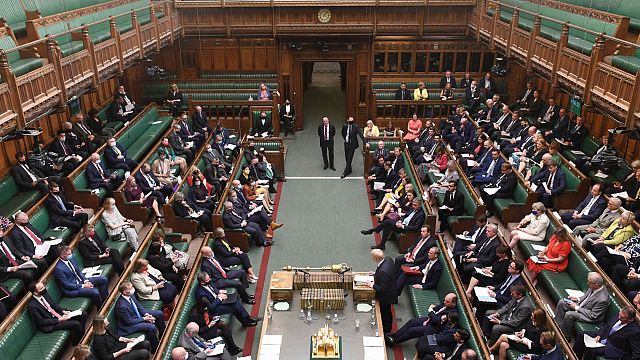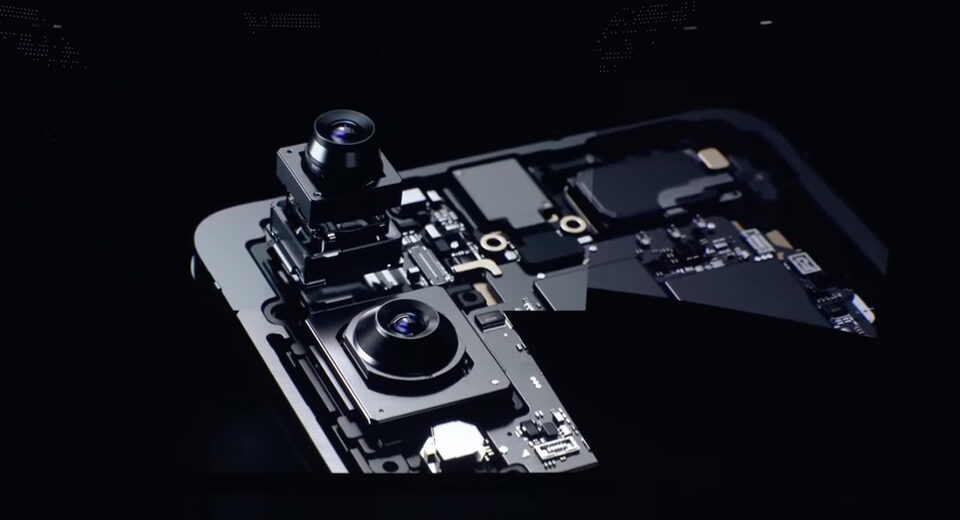Trump Administration Will Limit Medicare Spending on Pricey Bandages


Medicare plans to slash payments for expensive and untested skin bandages that have cost the federal government billions of dollars, the Trump administration announced Monday.
The new proposed limit is an about-face for the administration, which twice delayed Biden-era rules to reduce spending on the bandages, known as skin substitutes. President Trump, who previously defended the payments on social media, received a large campaign donation last year from a leading bandage seller.
Spending on skin substitutes has increased fortyfold in the past five years, surpassing $10 billion in 2024. That sharp increase is one of the largest examples of Medicare waste in the program’s history, according to data analysts and industry experts.
Medicare, the government insurance plan for seniors, spent more last year on the bandages than on ambulance rides or anesthesia, despite limited evidence that they work. The bandages are made from dried bits of placenta and are used on wounds that won’t heal.
For years, lax Medicare rules have allowed makers of the bandage to essentially set their own prices. Companies have brought more than 100 new versions to market since 2023, some costing Medicare more than $21,000 per square inch.
The new Medicare policy proposes setting a flat payment of $806 per square inch. The lower fee is likely to stamp out a lucrative scheme that The New York Times reported on this year: Doctors can buy the coverings at large discounts and then charge Medicare the full sticker price, pocketing the difference.
Some doctors have earned tens of millions of dollars for relatively simple procedures that involve making house calls to apply the bandages.
“We’re making it easier for seniors to access preventive services, incentivizing health care providers to deliver real results and cracking down on abuse that drives up costs,” Dr. Mehmet Oz, the Medicare and Medicaid administrator, said in a statement.
The proposed spending limit was welcomed by doctors who have repeatedly warned Medicare of the problem, and was quickly opposed by companies that sell skin substitutes.
“If this exceedingly low payment rate were to take effect, companies producing skin substitutes would no longer be able to cover their production costs, and providers would not be able to afford to treat their patients,” said Preeya Noronha Pinto, a spokeswoman for the MASS Coalition, an industry trade group.
The Trump administration delayed such a rule change for the second time in mid-April, when the Centers for Medicare and Medicaid Services pushed back a plan to restrict coverage for the bandages until next year.
Since April, Medicare has paid doctors $2.3 billion for skin substitutes, according to an analysis of Medicare data conducted for The Times by Early Read, a Chicago firm that evaluates costs for large health companies.
“It’s very good news,” said Alex Binder, the vice president of the Parker Advanced Care Institute, a nonprofit medical practice that treats older patients with chronic or terminal illnesses in New Jersey. Medicare, he said, appears to have “made the realization that something needed to change and something needed to be fixed.”
But Mr. Binder said he was concerned that the proposed limit, which would not take effect until 2026, was still preliminary and could change. He recently began sending cease-and-desist letters to doctors he suspected of overusing the products.
“There has been pushback in the past,” Mr. Binder said. “Will there be pushback again?”
Mr. Binder’s practice is part of an accountable care organization, a group of health care providers who track Medicare spending and are rewarded when they save money for the program.
These groups have been especially vocal about skin substitutes because overuse of the bandages cuts into the financial incentives they receive from Medicare.
The new rule is one in a series of recent steps by the Trump administration to discourage doctors from overusing the products.
In June, Medicare announced plans to test a prior authorization process for skin substitutes: Doctors in six states would need to prove to Medicare that the treatment was medically necessary before applying the bandages.
Last month, the Department of Justice announced that it was prosecuting multiple doctors for improper use of the products. Prosecutors charged two Texas podiatrists with billing Medicare for $90 million worth of unnecessary bandages between 2022 and 2024, in some cases using them on patients who had no wounds. They spent the money on “expensive jewelry and vehicles, and private jet travel,” the government wrote in a June court filing. Both men have pleaded not guilty.
What's Your Reaction?
 Like
0
Like
0
 Dislike
0
Dislike
0
 Love
0
Love
0
 Funny
0
Funny
0
 Angry
0
Angry
0
 Sad
0
Sad
0
 Wow
0
Wow
0








































